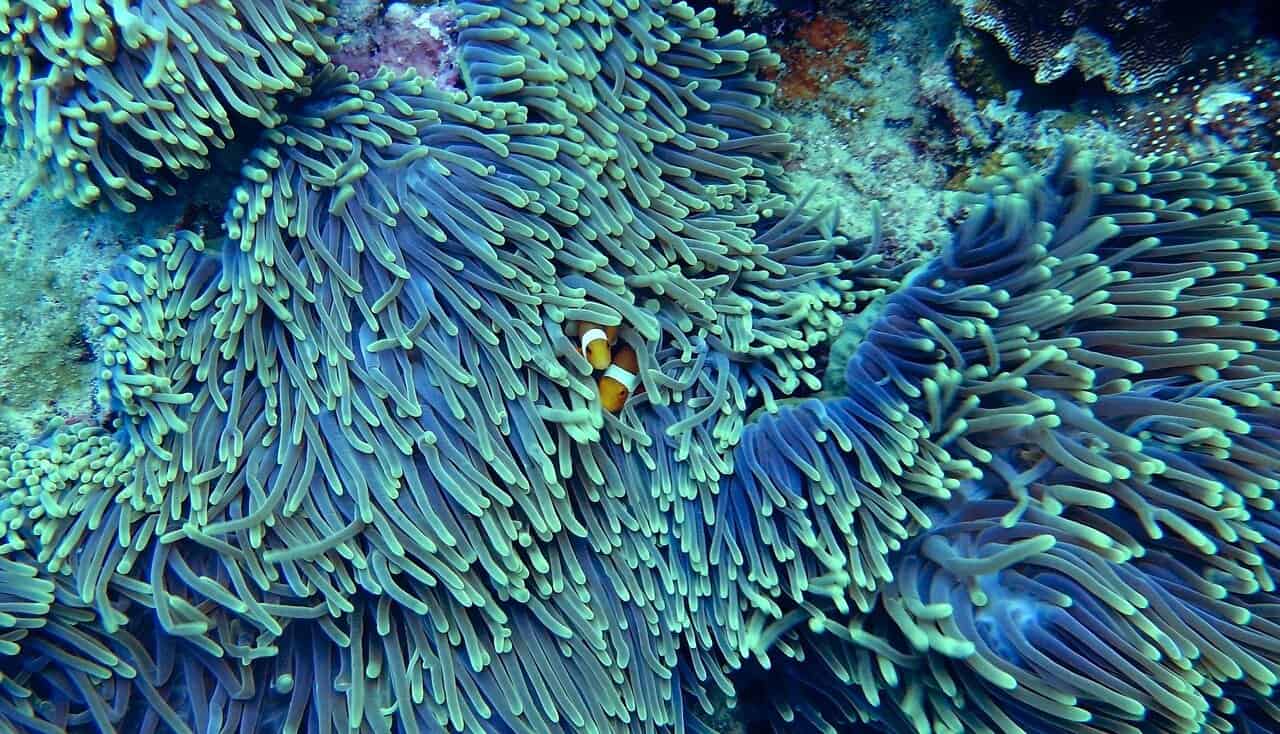Independent Congresswoman Kattia Cambronero has put forward a bill to safeguard Costa Rica’s coral reefs and seagrass beds, addressing the growing threats to these critical marine ecosystems. The proposal aims to strengthen conservation efforts through regulation, restoration, and research. Here’s what you need to know about the bill and why it matters.
Costa Rica is home to roughly 669,200 hectares of coral reefs, with 67% in protected areas like Cahuita National Park and Isla del Caño Biological Reserve. Seagrasses, though less extensive at about 132.8 hectares, are primarily found along the Pacific coast. These ecosystems support a rich web of marine life, act as natural barriers against storms, and sustain fishing and tourism industries. They also play a significant role in capturing carbon, helping to combat climate change.
However, both coral reefs and seagrasses face serious risks. Pollution, sedimentation, unsustainable fishing practices, and rising ocean temperatures threaten their survival. Research warns that 70% to 90% of coral reefs could vanish if global temperatures rise by 1.5°C, and nearly all could be lost at 2°C. Seagrass beds, though less studied, are equally vulnerable to coastal development and nutrient runoff.
Cambronero’s bill tackles these challenges head-on. It requires the National System of Conservation Areas (SINAC), part of the Ministry of Environment and Energy (MINAE), to create and maintain a national inventory of marine wetlands, including coral reefs and seagrasses. To support this effort, SINAC can partner with universities, research centers, and non-governmental organizations. The bill also directs MINAE to establish mandatory protocols for restoration projects, specifying species, approved locations, methods, and monitoring standards.
A principal feature of the proposal is its tax exemption for equipment and materials used in conservation and restoration, whether imported or produced locally. This could lower costs for organizations and individuals working to rehabilitate these ecosystems. The bill also mandates that any group or person conducting restoration must follow MINAE’s protocols and submit regular reports to ensure accountability.
Cambronero emphasized the bill’s importance for marine preservation, noting Costa Rica’s commitments under international agreements like the RAMSAR Convention and the Regional Initiative for the Integrated Management of Mangroves and Corals. Despite these obligations, the country lacks a comprehensive inventory of its marine wetlands, a gap the bill seeks to fill.
The proposal builds on Costa Rica’s history of marine conservation. In 2019, a decree signed by then-President Carlos Alvarado set guidelines for protecting coral ecosystems, banning harmful activities like coral extraction and waste dumping. More than 900 coral reefs were restored in 2022 through initiatives like Coralmania, and groups like Raising Coral Costa Rica and Innoceana continue to advance restoration and research in areas like Golfo Dulce and Isla del Caño.
However, challenges remain. A recent coastal law passed in 2025 has raised concerns about potential harm to marine ecosystems, highlighting the need for stronger protections. Cambronero’s bill could counter these risks by providing a clear framework for conservation.
If passed, this law would mark a significant step toward preserving Costa Rica’s marine biodiversity. By addressing gaps in regulation and supporting restoration, it aims to protect ecosystems that are both ecologically and economically essential. As our country is known for its environmental leadership, this bill could set a new standard for marine conservation.






